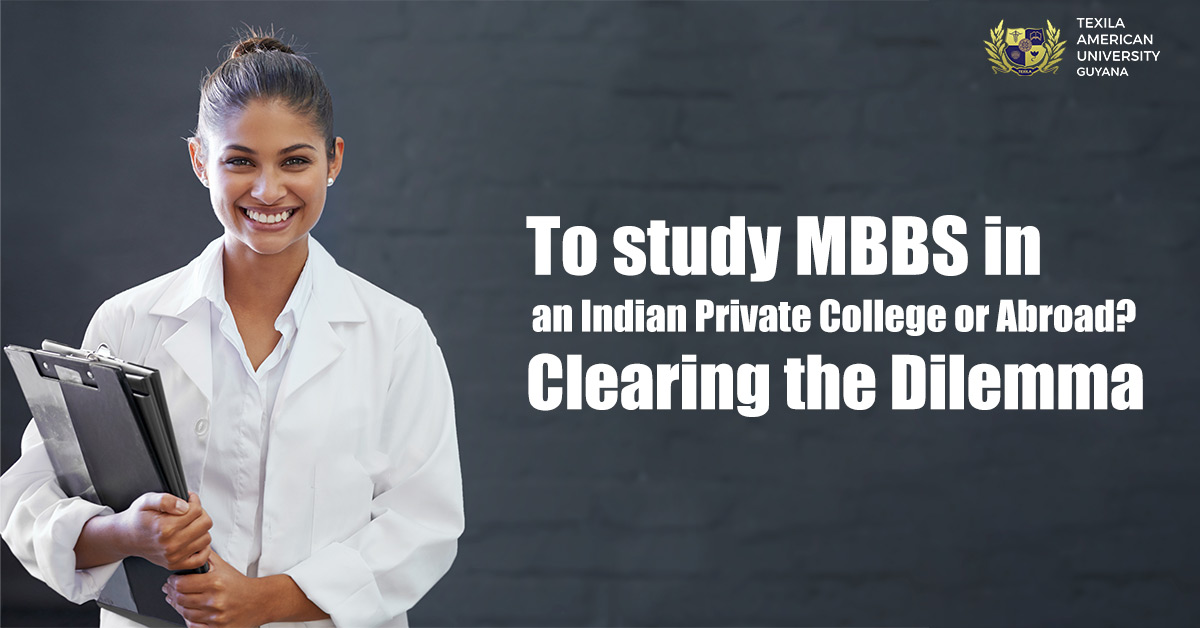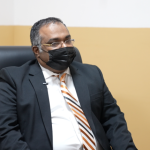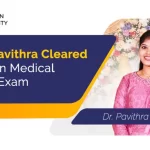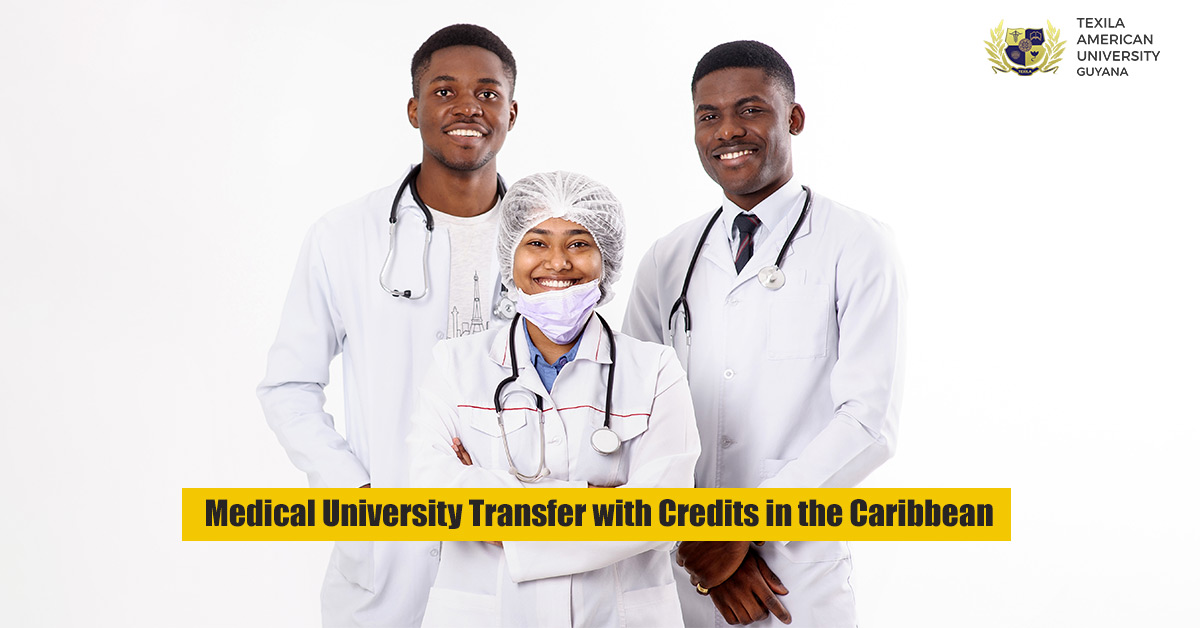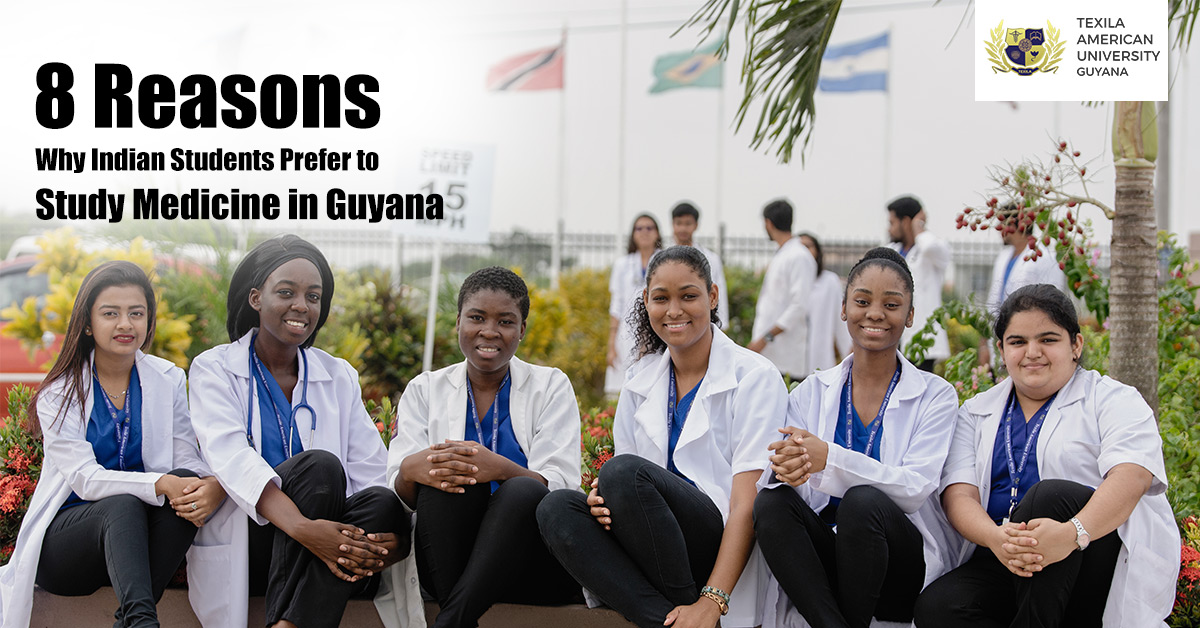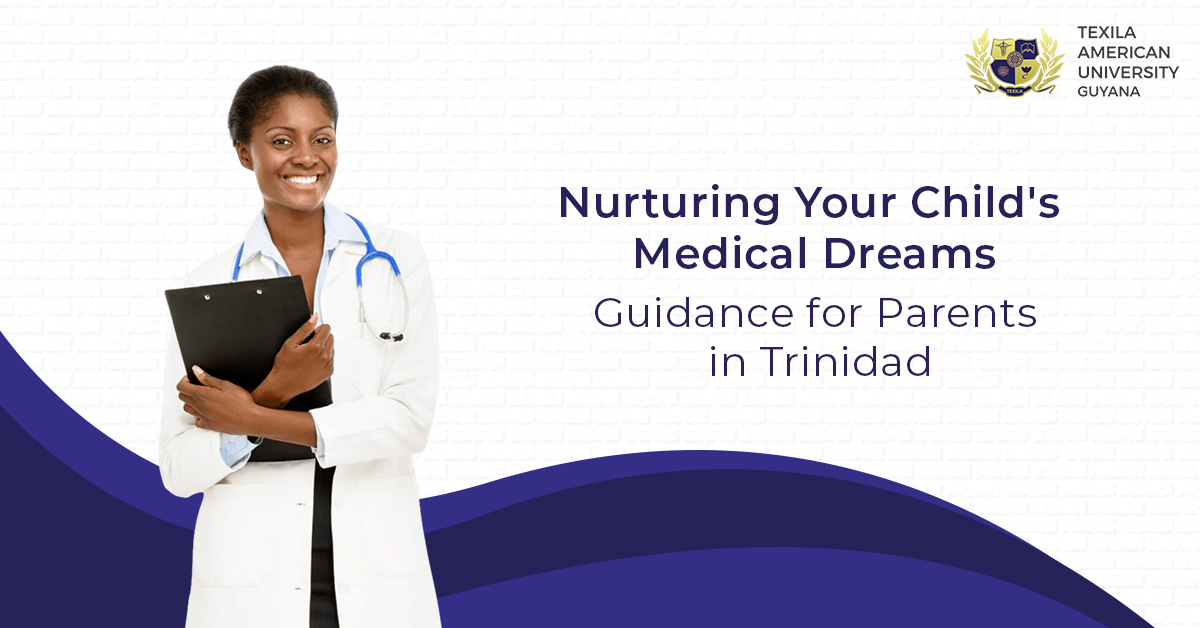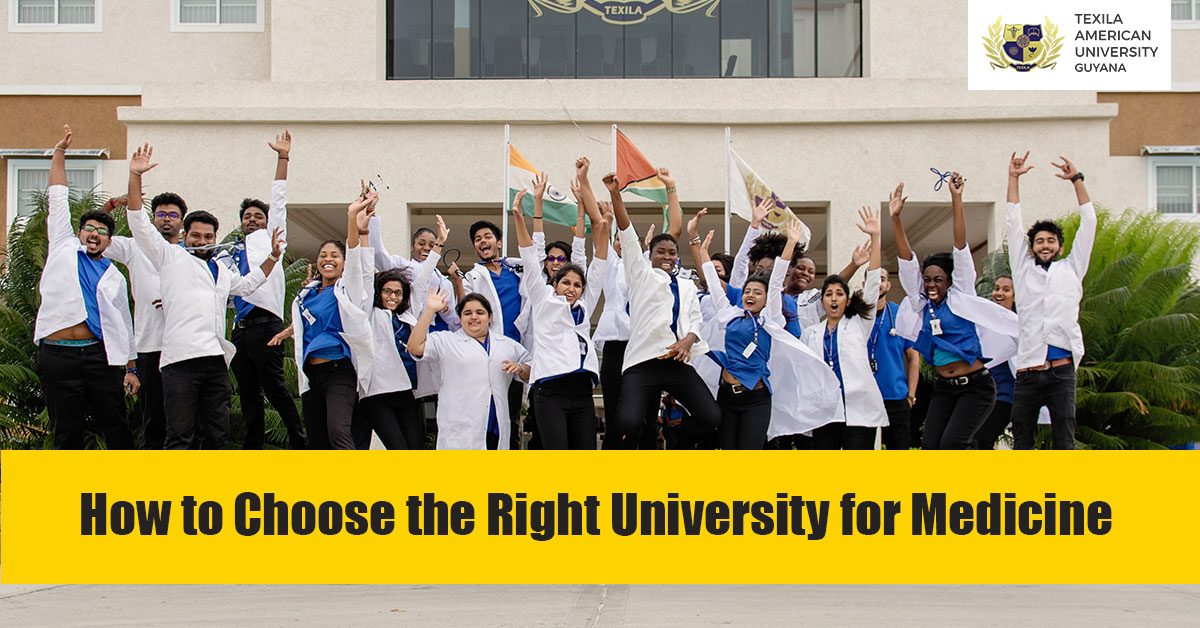Blog Summary
Confused about choosing between private and government medical colleges in India? Uncertain about studying in India or abroad? Clearing the Dilemma is a blog that aims to assist students in making challenging decisions. Medical students aspire to join top-notch medical colleges, which leads to anxiety about selecting the right college, cracking NEET, managing study hours, and more. This overwhelming situation often raises questions about studying in a private or government college, both domestically and internationally. The blog explores the significance of where you study and whether pursuing an MBBS degree abroad is worthwhile. Get insights to make an informed choice.
MBBS has become the most sought-after career for students nowadays. The Path to MBBS is not that easy and requires substantial preparation and wise planning. With a great competition surge and lack of seats in India, a majority of students are looking for options to study MBBS abroad. There are various other reasons which strongly reflects the brighter side of undertaking an MBBS degree overseas.
The current medical scenario in India is what we can call as deplorable. As per a recent survey, 9.8 lakhs doctors are registered on the MCI website; there are only 8 Lakhs doctors practicing. Results show we have only 1 doctor for 1668 people, pushing the country to the very edge of a healthcare crisis.
Indian Colleges – Availability of Seats
There are 479 private and govt. medical colleges in India with a total of approximately 65K seats. The number of NEET applicants accounts for roughly 13 Lakhs in 2018; even if around 7 lakhs students qualify, 65K seats would be considered a drop in the ocean.
The first 5000 rank holders grab 15% of seats of government colleges through the All India Quota, and the rest 85% is filled by state quota. More than 50% of the total qualified students join private colleges with an average of Rs. 75+ lakhs to 2 crores fee.
Options for remaining students who don’t get a Govt. Medical seat
So what are the options open to those who don’t get a govt? seat? Let’s have a quick look:
- Reappear for NEET
- Join some other course – Biotech, Nursing, or Pharma
- Get admission to a private college (Costs average 75+ lakhs)
- Opt for a college abroad within your budget and other requirements
It’s pretty clear from the above points that pursuing an MBBS abroad is the best option for students who haven’t secured a seat in an Indian government college or can’t afford the private college fees.
Parameters to choose a College Abroad
MCI Approved & FMGE Pass %
Check whether the college is MCI recognized and the FMGE pass % simultaneously. Only MCI-recognized colleges can assure if you can practice in India after graduating. For instance, Texila American University has a 96% success rate in FMGE exams.
Inbuilt Training Programs
Look for a college that provides training for exams that will help build a strong career, either in India or abroad. For eg: TAU offers inbuilt USMLE/FMGE/NEXT training free of cost. Also, be sure to research the historical pass percentage to gauge success.
Clinical Rotations
Clinical rotation is the most important part of your medical career as it gives you practical learning and adds value to your degree. Check thoroughly if the college has proper exposure available for clinical rotations and hospital tie-ups.
Language
The path to your MBBS degree will be much more frantic if you have to learn any other language apart from English during your program. Ensure the college supports the entire program in the English language.
Indian Food
Food is a great driving force for many students. If you are fond of Indian food, you must check whether the college has the facility for Indian cuisine or not.
Consult the Alumni
Talk to Alumni or current students of that college to understand their experience.
Climatic Conditions
Check your compatibility with the climatic conditions of the place you are shortlisting your college.
FMGE Pass Percentage
As mentioned earlier, comparing the FMGE pass % helps in estimating the quality of education. Let’s take a quick look at the data:
| Georgia – 25% | 25% |
| Kazakhstan – 20% | 20% |
| Ukraine – 19.9% | 19.9% |
| Germany – 0% | 0% |
| Nepal – 21% | 21% |
| Philippines – 24% | 24% |
| Guyana (Caribbean) – 96% | 96% |
| China – 18% | 18% |
| Bangladesh – 30% | 30% |
What’s the Budget?
| Private colleges in India | 70 Lakhs to 1 crore |
| US via Caribbean | 72 lakhs |
| Georgia | 20-35 Lakhs |
| Bangladesh/Nepal | 40-55 lakhs |
| Caribbean | 38-40 lakhs |
| Kyrgyzstan/Russia | 12-18 lakhs |
| Philippines | 20-30 lakhs |
Comparison based on Countries
When you start looking for countries that are the best fit for an overseas MBBS degree, you probably will come across many countries with the bulk of promises. Many students fall prey to these kinds of traps and end up diminishing their chances of getting a genuine MBBS degree. Let’s look at some factual data before you conclude:
The Caribbean
With the fee structure as low as nearing $55k-$60k, the Caribbean gives you the option to move to the USA and do your residency there. Preferably, join a college like Texila, which provides you with flexible options to change tracks between US & India, just in case you change your mind post admissions.
Russia / Kyrgyzstan / Ukraine / Georgia
These nations no doubt provide education at a meager cost, but they have their own disadvantages. Local language needs to be learned for survival as well as to pursue clinical rotations. Lack of an Indian embassy (for instance, in Georgia) and the low MCI pass ratio across the nations are the major loose ends.
China
Indeed, MBBS in China comes with a comparatively very low fee. Learning Mandarin is compulsory for your two years of clinical rotations. Also, the MCI pass ratio is very poor in China. Don’t miss to check the Indian Embassy’s advice for students who wish to pursue MBBS in China.
The Philippines
In the Philippines, one needs to appear for NMAT after their pre-medical to enter the medicine program. The first two years are just basic sciences, and your medical degree completely depends on your NMAT score.
Bangladesh
If you want to become a namesake doctor and just want to hold a degree, go for this country. With poor infrastructure and a lack of genuine education, Bangladesh should be avoided in all aspects.
For admission-related inquiries, please WhatsApp us at +91-7397735300 or email us at enquiry@tauedu.org.
Alternatively, call the India Admissions team at +91-8971844255.

